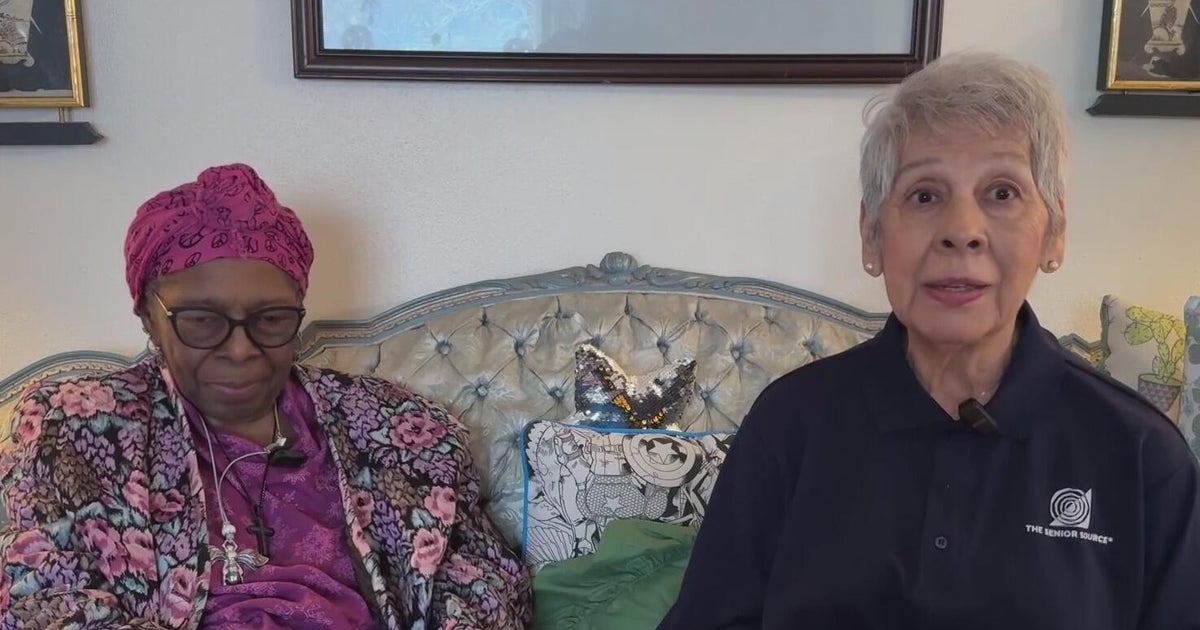'Romeo And Juliet' Law Changes Statutory Rape Definition
DALLAS (CBSDFW.COM) – A new state law set to take effect in September will make it legal for anyone who is at least 15-years-old to have sex with someone up to four years older.
The legislation – called the "Romeo and Juliet" bill – aims to protect young people engaging in consensual sex from winding up on the sex offender registry.
Austin, a 28-year-old who spoke on condition of anonymity, said his life changed drastically after police learned he had had sex with two underage girlfriends during high school.
"I was a senior in high school and I was 18, and they were both sophomores," he said.
On his attorney's advice, Austin agreed to 10 years of probation and sex offender status.
"He said, 'It's not that big of a deal. It won't be that hard,'" Austin said.
That turned out to be far from the truth, he said.
"It wasn't until I started losing jobs at the radio station that it started to sink in just how serious this was," he said.
Austin said he gained more than 100 pounds and struggled with depression because of the new label he carried.
"It's hell," he said. "You are the worst person walking on the earth."
The new bill, passed by the state House and Senate, though, is giving him hope. The law would make it legal for anyone at least 15 years old to have sex with someone up to four years older.
Governor Rick Perry has vetoed similar legislation before, but this week, he let it pass. The law is now set to take effect in September.
Austin says his lawyer has already drafted a petition for the courts, asking a judge to remove him from the registry.
"I would feel like I was getting my life back," he said.
There has been little opposition to the bill. Even some advocates for rape victims said they don't have a problem with it. Some argue the larger the sex offender registry grows, the harder it will be to recognize who poses a real threat to the public.
In Dallas, there were about 2,600 registered sex offenders in city limits five years ago. That number has ballooned to more than 4,500 today.
The department said it has no way of knowing how many offenders could get off the list because of the new law.







